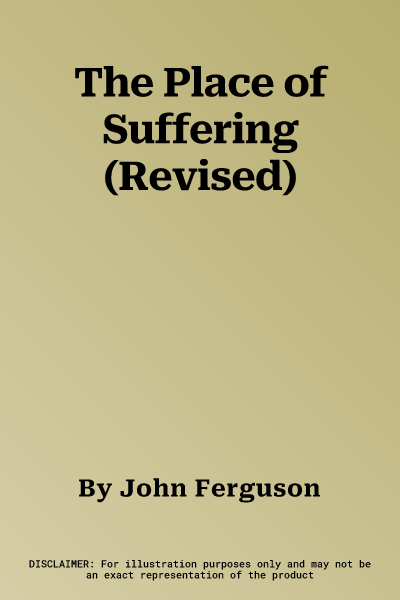John Ferguson
(Author)The Place of Suffering (Revised)Hardcover - Revised, 27 November 1987

Qty
1
Turbo
Ships in 2 - 3 days
In Stock
Free Delivery
Cash on Delivery
15 Days
Free Returns
Secure Checkout

Print Length
144 pages
Language
English
Publisher
James Clarke Company
Date Published
27 Nov 1987
ISBN-10
0227678036
ISBN-13
9780227678039
Description
Product Details
Author:
Book Edition:
Revised
Book Format:
Hardcover
Country of Origin:
GB
Date Published:
27 November 1987
Dimensions:
22.23 x
14.53 x
1.83 cm
ISBN-10:
0227678036
ISBN-13:
9780227678039
Language:
English
Location:
Cambridge, England
Pages:
144
Publisher:
Weight:
285.76 gm